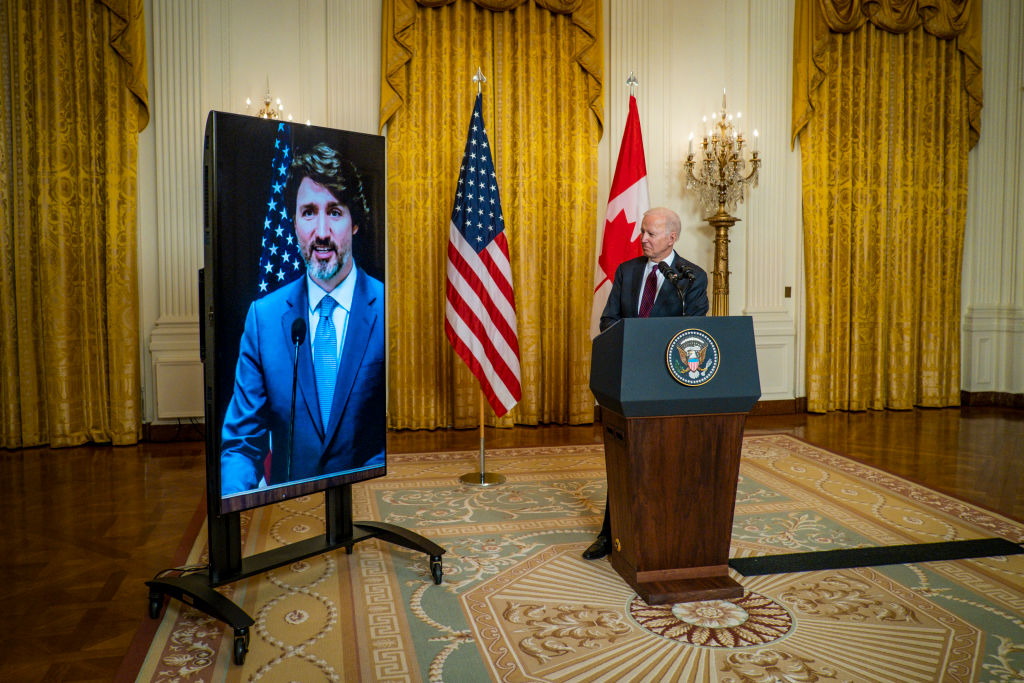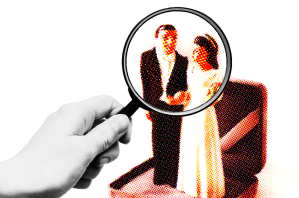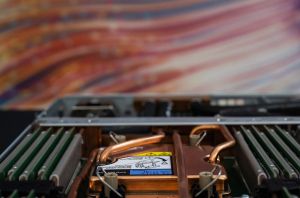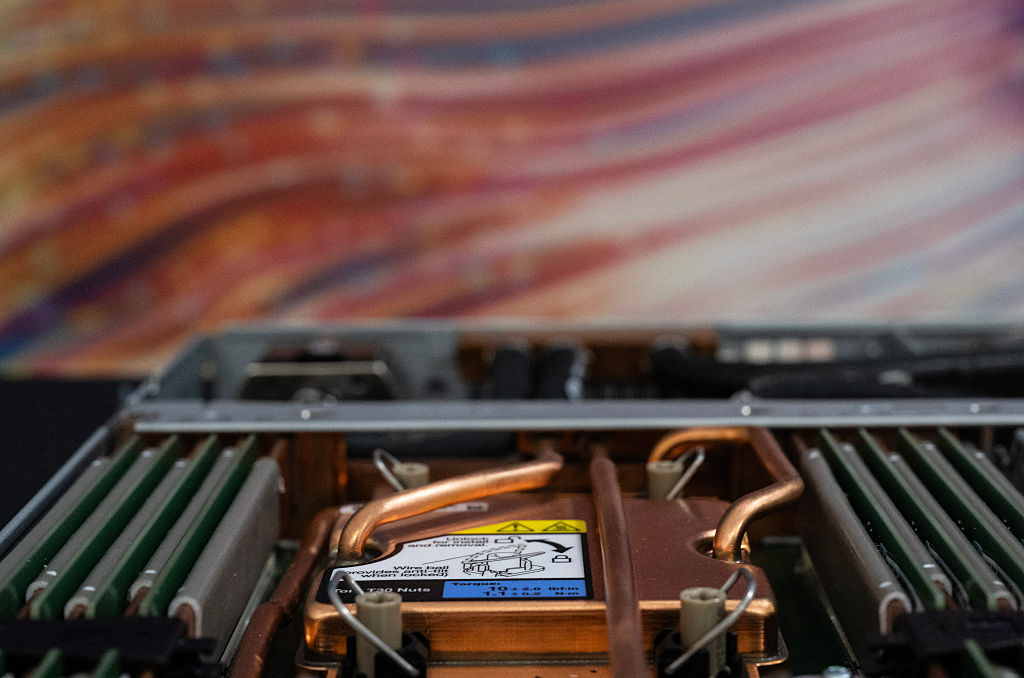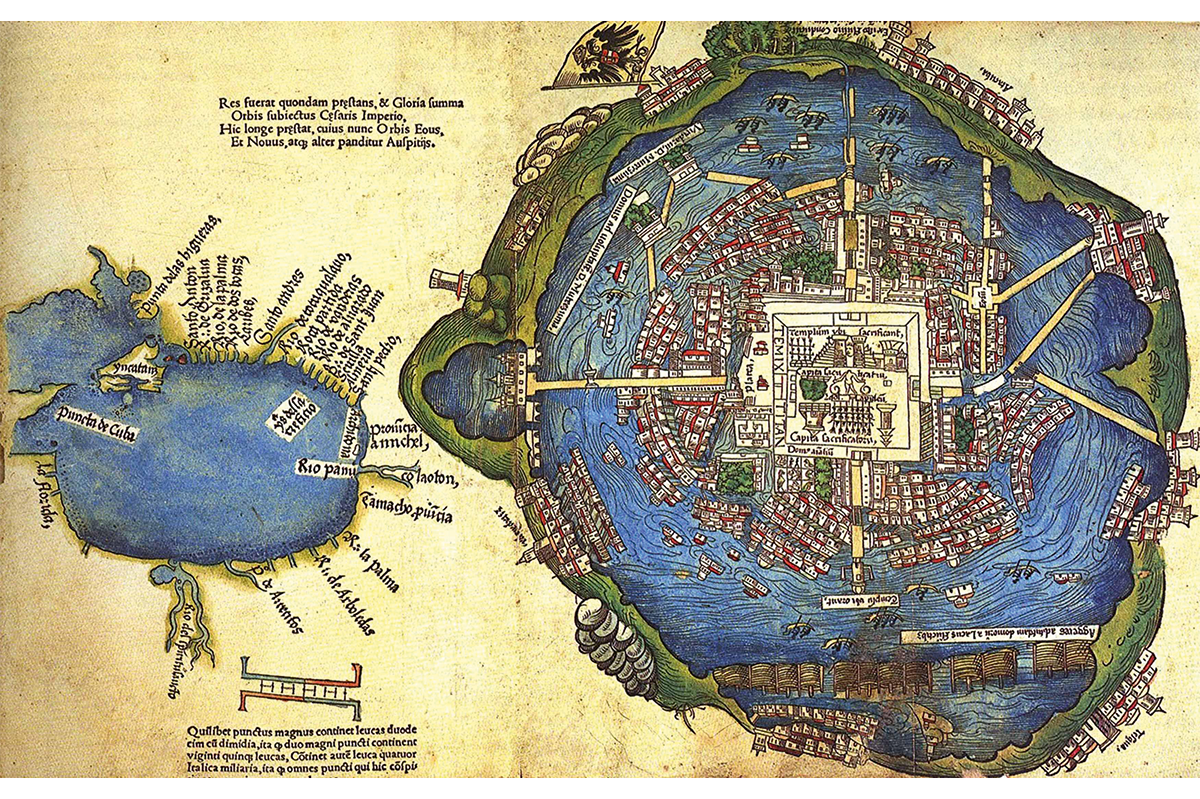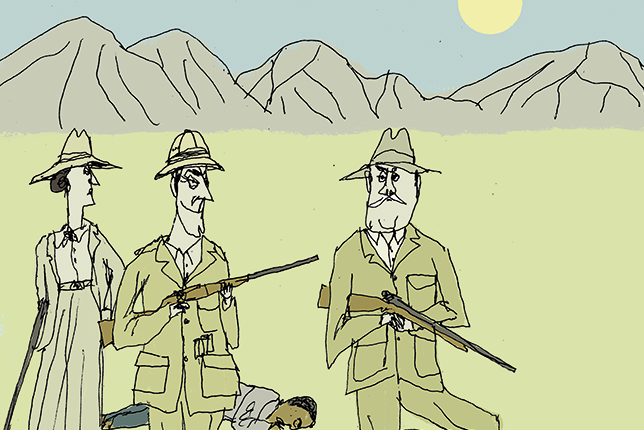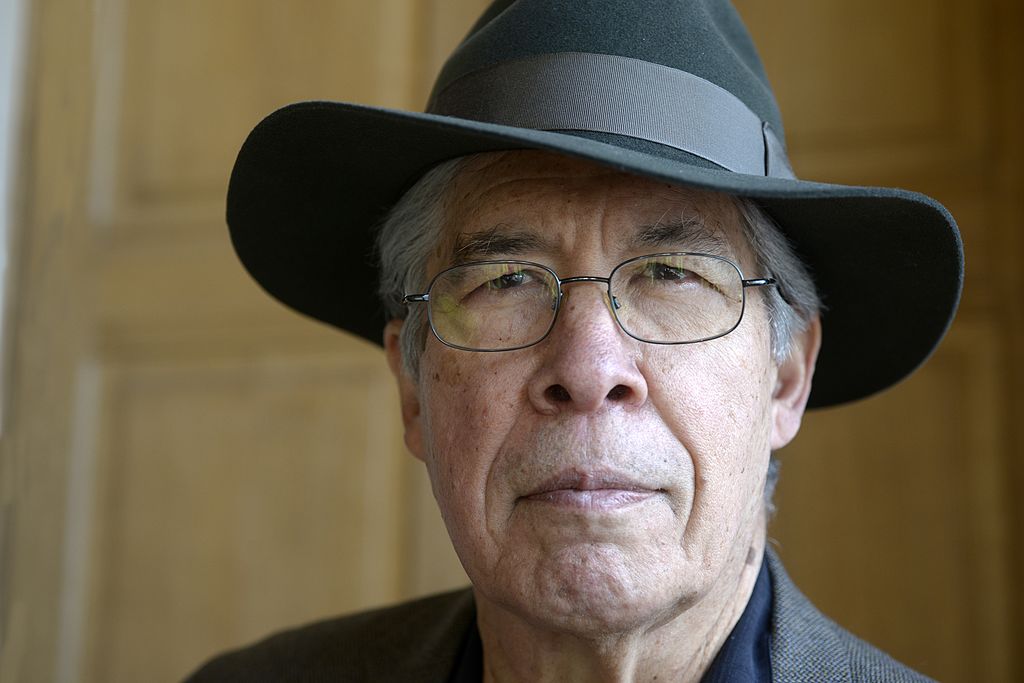We begin today by heading north, past Vermont, over Winterfell, above the Arctic Circle, beyond the part of the map labeled “monsters be here,” and into Canada. There do we find a writer named John Ibbitson, who recently published a piece for the Toronto Globe and Mail warning that American democracy may not be long for this world. “If the next presidential election reveals the U.S. hurtling toward possible violence and autocracy,” Ibbitson asks, “should Canada try to intervene?”
Before an entire nation of 330 million bursts out laughing, consider that Ibbitson isn’t suggesting Canada militarily intervene on American soil. Still…for us Yanks, that is the image that springs to mind, isn’t it? An invasion of moose cavalry stopping to say saw-rry and ask for directions to the nearest riot is not a contingency this country is prepared to deal with. (Or for the inevitable American response: “And you are?”)
The question of North American relations is usually a placid one. At their best, Canada and the United States are like New Zealand and Australia, Uruguay and Argentina, a smaller and more progressive country in the shadow of a larger and more right-wing power. There’s some irritation, usually running left to right, and some indifference, usually running right to left, but the two nations have enough in common to get on well. Canadians might not be the paragons of hyper-niceness we make them out to be, but they’re on the whole an even-keeled and kind and decent people, about as good a neighbor as we could ask for.
Still, there does exist, especially on the Canadian left, a darker view of America, a sense that Canada is great precisely because it isn’t the continent-spanning gun emporium to the south. That isn’t necessarily evident in Ibbitson’s essay. But it is visible on the Globe and Mail’s larger opinion page, which in the week leading up to January 6 published six pieces suggesting (if not outright declaring) that America is coming apart at the seams. The US, per our northern neighbors, is “cracked,” “sleepwalking toward calamity,” on the verge of “chaos.” 2022 is to be “the year America falls off a cliff.” By 2025, “American democracy could collapse”; by 2030, “the country could be governed by a right-wing dictatorship.”
Repeat a warning often enough and it starts to sound like wishful thinking. Not that most Canadians are actively hoping America descends into Mad Max (otherwise where would they go outlet shopping?). But a small subset of those same Canadians do on occasion betray a sense that the United States ought to be doomed, that by virtue of its bombast and hubris it ought to have set ticking its own eschatological clock. January 6, then, was for them confirmation of the inevitable, even as America’s roll towards self-annihilation does seem to have slowed somewhat.
The journalist Walter Stewart once wrote that in Canada, smugness had become “a national disease.” Yet if the attitude of some Canadians towards America can be self-righteous, it’s also balanced by something else: a needy insecurity. For a case study in this twofold approach, let’s consider the alleged Canadian scholar Michael Adams.
Adams recently wrote a piece for (where else?) the Globe and Mail contending that Canada is vastly, vastly different from the United States. It’s a point he’s been harping on since practically before there was a United States — including during what has to be one of the most hilarious segments ever to air on television. Back in 2016, Adams was interviewed by the CBC about the alleged differences between Americans and Canadians, and proceeded to unleash such a gloriously cockamamie parade of caricatures that had he been talking about any other race he probably would have been charged with a hate crime. How is the US different from Canada? “They believe the father of the family must be the master in his own home,” Adams pronounced. “We do not believe that: we have embraced feminism.”
Feminism, you say! And here I had never heard of that before in the land of Elizabeth Cady Stanton and 60 percent women college students! Even the Canadian feminist Margaret Atwood spent much of her time studying in, and writing about, the United States. And given that one in four American children currently lives without a father, I don’t think the tyranny of the patriarchy is our most pressing social issue at the moment. Yet Adams wasn’t through conflating reality with social science and social science with Mad TV sketches. In America, he said, “people hate each other of a different demographic.” It then became impossible to hear him over the sound of Catholic churches burning in the background.
So, yes, there are some Canadians for whom America is like that ex they insist they hate only for their laptop to finish booting and his picture to appear as the wallpaper. Yet in my experience that’s nowhere near the majority. And it’s at the personal level, not the abstract, that you find a nation’s soul. It’s in places like Gander in Newfoundland and Labrador, which threw open its doors with incredible charity and hospitality after planes full of Americans were rerouted there on 9/11.
Fraternal elbowing aside, I’m a North American supremacist. I think the best hope for liberty and openness, affability and pluralism, lies right here on this spacious and plentiful continent. America is a superpower for many reasons, but one is surely that we have such a friendly and, yes, similar neighbor to the north. And it’s not like we’re always such an easy wingman. Consider that Joe Biden has just hiked tariffs on Canadian lumber despite the fact that they’re hurting not just Canadians but builders in places like upstate New York.
So surely there are olive branches we can extend. We could scrap the secret plan for the right-wing dictatorship, for example. And we could take it upon ourselves to remember that, as Justin Trudeau’s far more capable father once put it, sleeping next to an elephant isn’t always easy.



